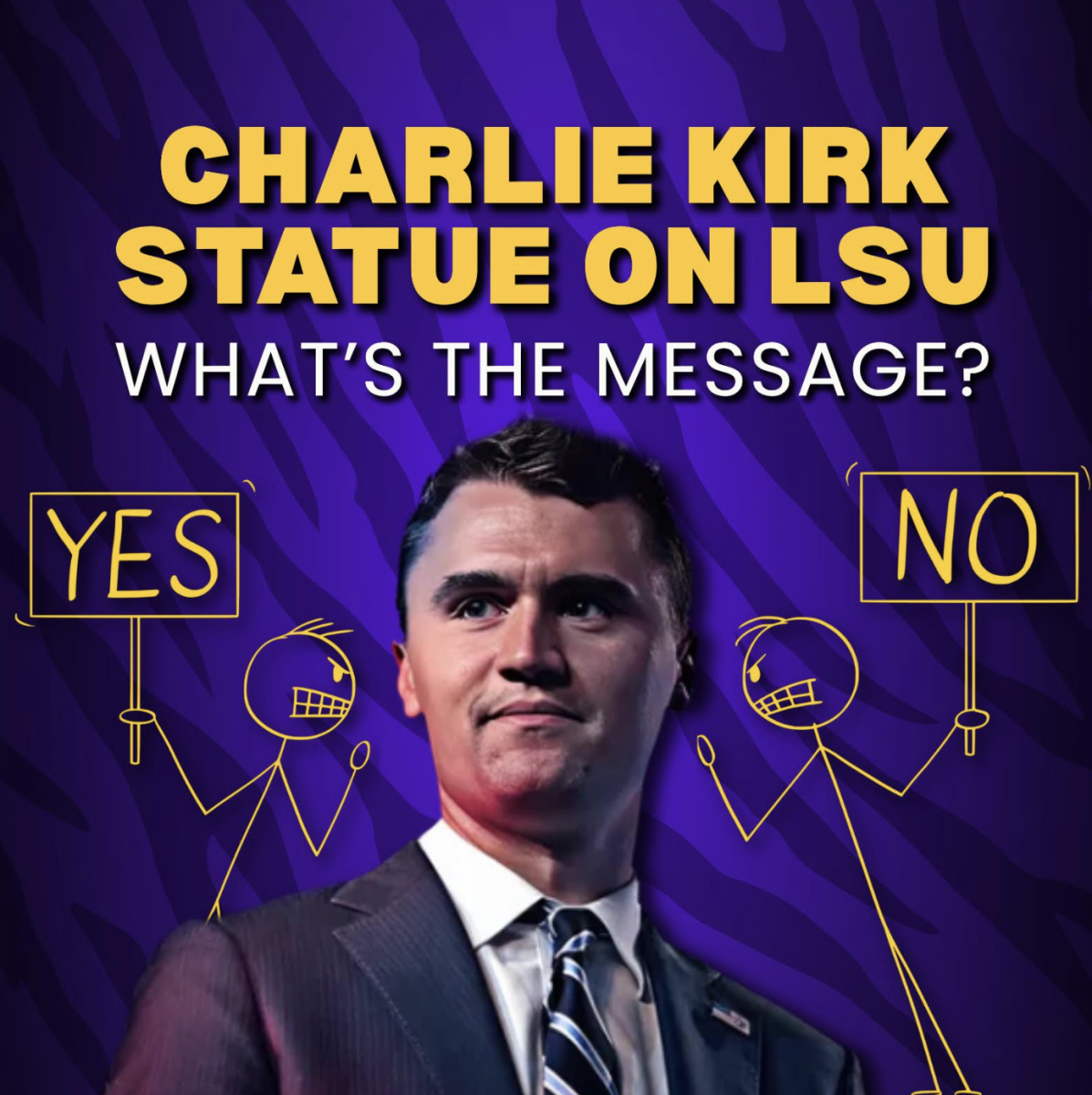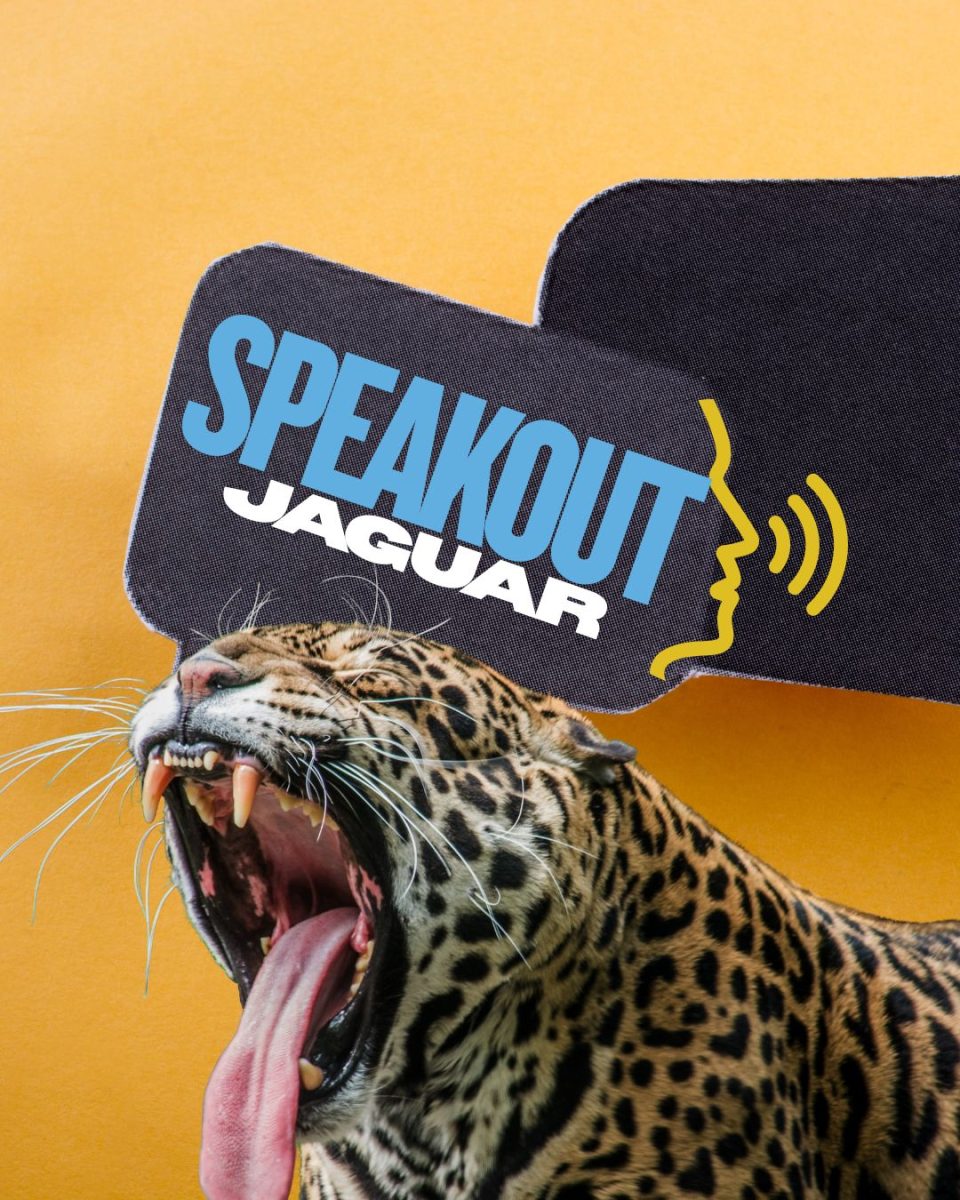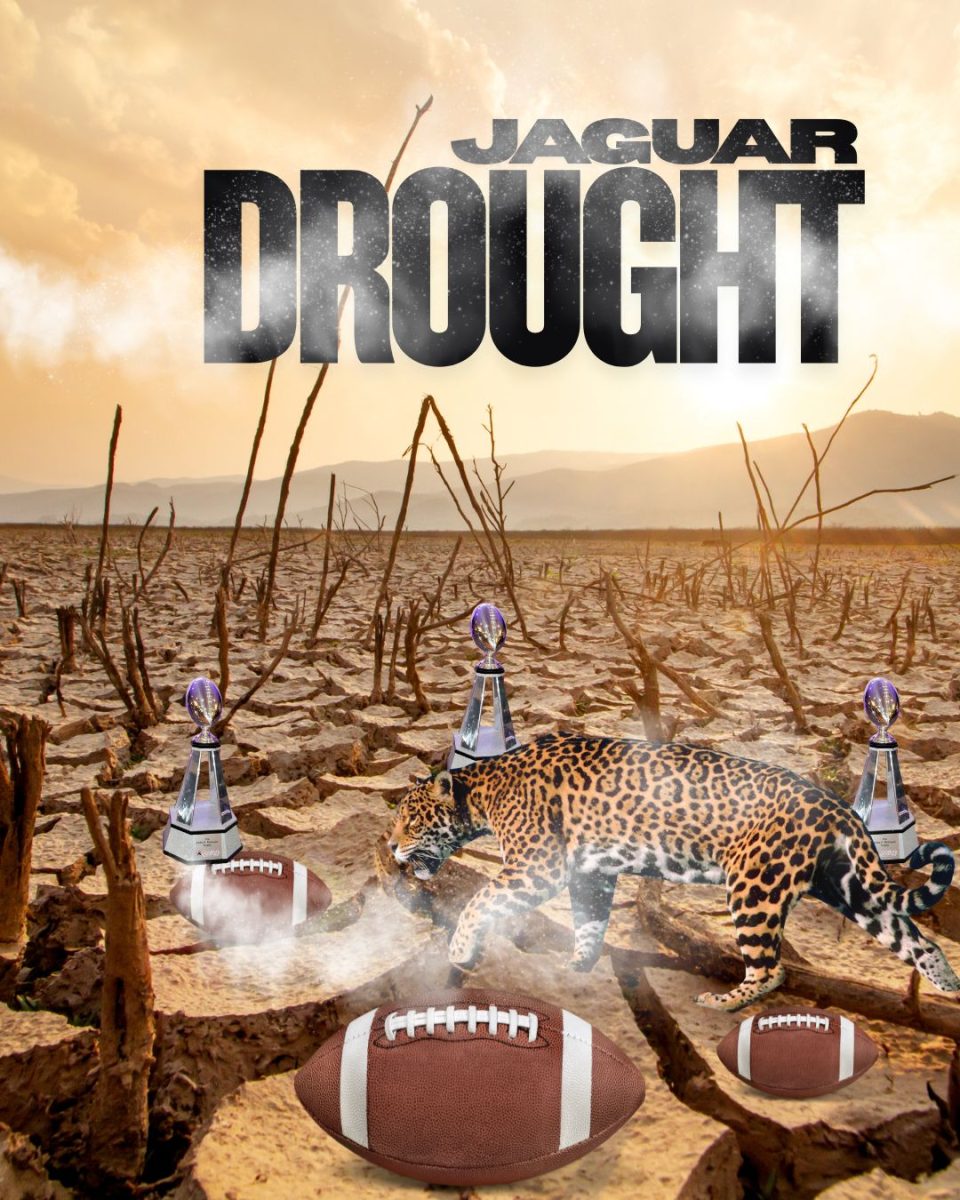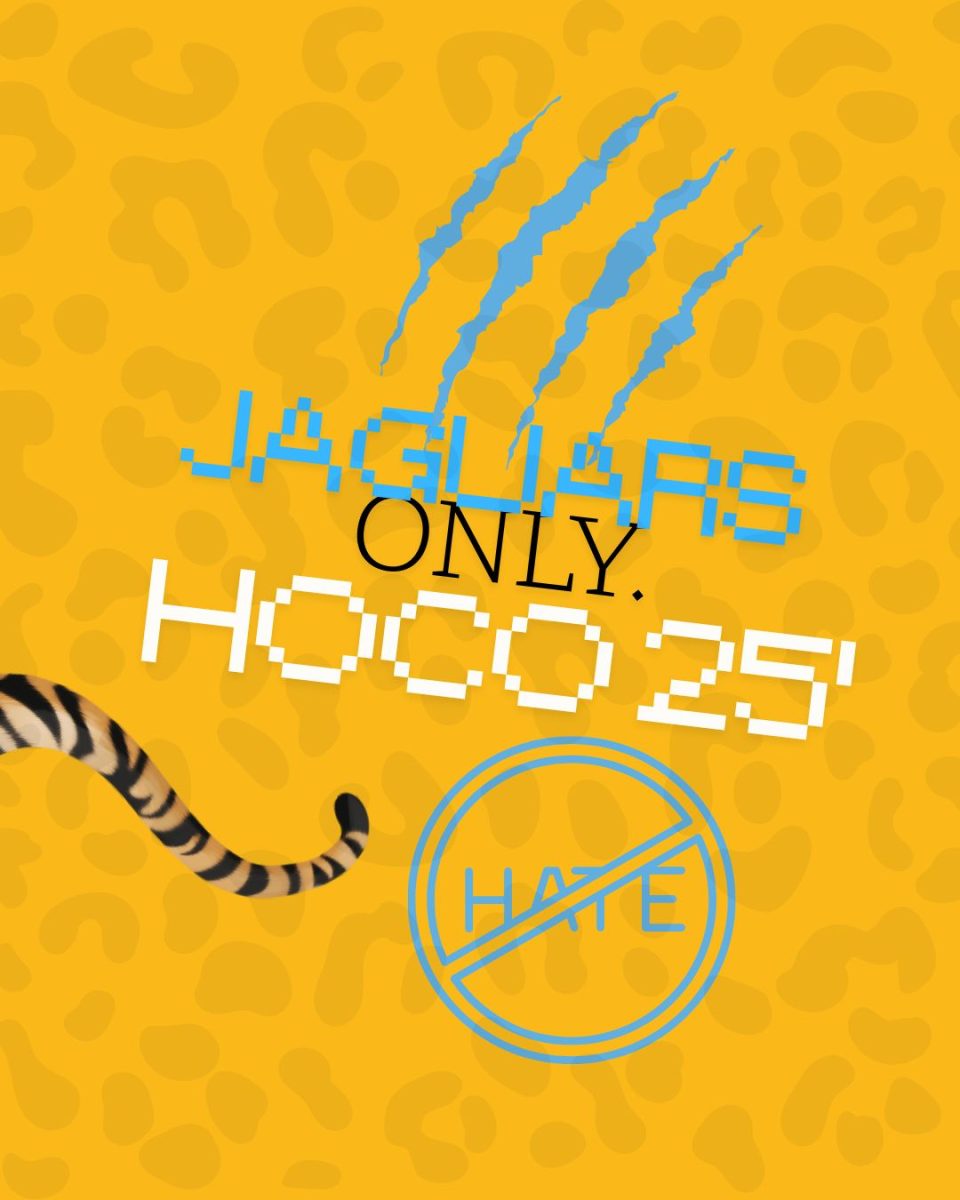The history of African Americans in the media has been a turbulent one to say the least. Depending on what era you are talking about, the portrayal of African Americans can be either overbearingly positive, or depressingly racist. Regardless of what era you were to look into, you would find a similar truth in almost all of them.
The truth is that the story of the black man and woman in America is one of constant humiliation and degradation over the span of almost a half of a millenia. That story is one that has been similarly painted in sports, politics, and the news in general for decades, and even up to this point, has proven to be nothing short of detrimental to the physical state of being and overall state of mind of African Americans in this country.
Somewhere between the assassination of Dr. Martin Luther King, Jr. and the birth of hip-hop as a relevant music genre in the late 1970s, there was an insincere idolization of African Americans in American pop culture. Whether it be because of the success that black people contributed to sports, or the symbol of unity black culture stood for within the steadily rising number of racially neutral individuals, it became abundantly clear to both black and white people that things would not be the same as they were in past years.
With the likes of the pre-murder trial of O.J. Simpson and pre-AIDs Magic Johnson representing nationally recognized sports brands to unprecedented success across the nation, white America now had their own blueprint to what being an “accepted” black person in America should be.
What America found out during this time however, was that the spark that makes black people great isn’t something that can be controlled and contained to be paraded in front of cameras as if we were circus animals. That is what makes us as African Americans special; we shine brightly for as long as we can, and we illuminate the darkness of the world with our presence.
White people loved O.J. when he was breaking their football records and kissing their babies on the forehead, but would not give him the benefit of the doubt when he said he didn’t commit murder.
The people of white America wanted a mascot that the populace could feel comfortable with. The truth of the matter is that people fear what they cannot understand and eventually learn to hate that which they cannot triumph over. So, when it became abundantly clear that censoring us would be impossible, the demonization of the African American through the media began.
Sometime between the early 80s and the present, hip-hop culture and black culture would become synonymous with each other. And while the suburban, blue-collared African American was at the very least acceptable to white America, the true story that spoke for many African Americans at the time was not nearly as appealing as the lie they had been fed for years up to that point.
It was at this point in time that the title of “thug” or “gangster” was handed down to any black person that didn’t fit the blueprint that white America had drawn up for the acceptable African-American.
These days, depending on the news outlet, the variation of portrayals of black people in the media has grown at an unprecedented rate. Even today however, the fact still remains that the world will look at us different, regardless of the charade we put on for the world.
That being said, our blackness shouldn’t be something to be ashamed of. Our culture is not for everybody, and it was never meant to be. The way we talk, dress, and communicate with each other is a part of our culture that cannot be driven away simply because it makes white America uncomfortable. We must embrace our heritage, claim the light that has been taken from us so long ago, and do what we were meant to do since we first appeared on this Earth: shine.
Categories:
Still N**ger: The Rise and Fall of African Americans in the Media
February 7, 2018
0
More to Discover









